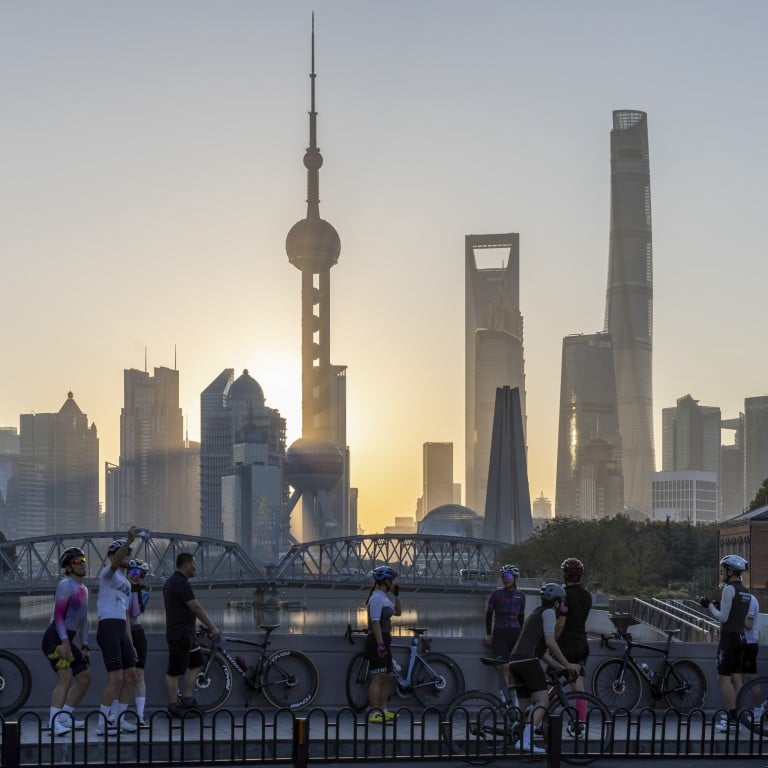
Shanghai planning US$13.8 billion fund of funds in pursuit of ‘several world-class industry clusters’, with eye on AI, biotech and semiconductors
- ‘Shanghai envisions building several world-class industry clusters,’ Mayor Gong Zheng tells investment promotion conference
- The fund will support promising start-ups in the fields of artificial intelligence, biotechnology and semiconductors
The fund will underpin promising start-ups in the fields of artificial intelligence, biotechnology and semiconductors, and is expected to attract more technology firms to Shanghai, the municipal government said in a statement on Friday.
The local state-owned assets watchdog will be responsible for the fund’s establishment and operations. It will be the city’s largest government-backed guidance fund.
Funds of funds are multi-manager investments that allow broad diversification and appropriate asset allocation with investment expertise in a variety of fund categories. They were created in the United States in the 1960s, with pension funds being a major source of capital.
Apple considering alliances with Chinese tech giant and rivals amid AI war
The city failed to achieve its growth target for 2023 owing to lacklustre exports, with gross domestic product (GDP) expanding by 5 per cent to 4.72 trillion yuan. The pace of growth fell short of the 5.5 per cent goal the local government set at the beginning of last year.
The Chinese economy grew 5.2 per cent last year, while Shanghai was also eclipsed by its neighbouring provinces, such as Jiangsu and Zhejiang, which reported 5.8 per cent and 6 per cent year-on-year increases in GDP, respectively.
In January, Gong told the local legislature at its annual session that the city was targeting 5 per cent economic growth for 2024.
Chinese watchdog denies plan to inspect a decade of listed firms’ financial data
“Shanghai remains resolute in attracting foreign capital and talent to maintain its status as a gateway city for overseas businesses entering China’s mainland,” said Wang Feng, chairman of Shanghai-based financial services group Ye Lang Capital. “Geopolitical tension between China and the developed western economies may deter some foreign businesses from investing in Shanghai, but the local government’s pro-business attitude will also convince some other firms of the city’s attractiveness.”
Beijing’s tightening of legal frameworks to strengthen national security since last year has been a concern for foreign companies doing businesses in China.
Gary Knight, global vice-president of operations at US textile firm Invista, said on the sidelines of the investment promotion conference that local government support was strong enough to help the firm overcome concerns about investment security.
Shanghai’s commercial property landlords face pressure to lower rents
“We are not concerned about the security of our investment,” he said. “We are quite satisfied with where we are.”
With a population of 25 million people, Shanghai attracted US$24 billion in foreign funds last year, surpassing a previous record of US$23.96 billion set in 2022.

